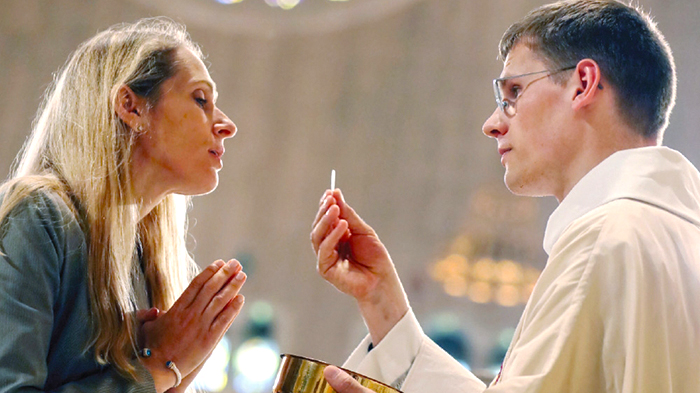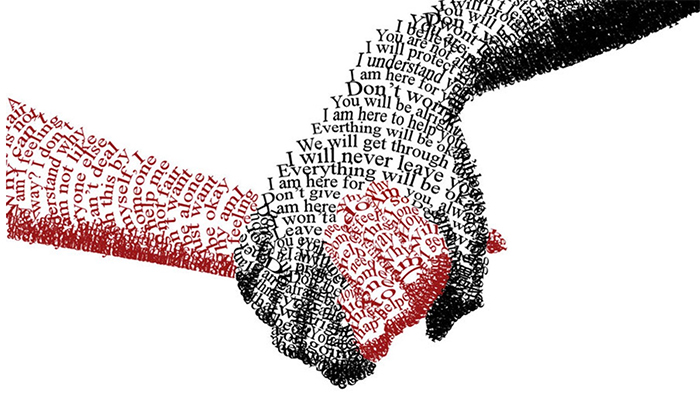
Jesus was once asked why he spoke in parables. His answer is more than a little curious: “I speak in parables . . . lest they should see with their eyes, and hear with their ears, and understand with their heart and turn again, and I should heal them.” Fr. Ron Rolheiser writes that at first glance, this suggests that Jesus was deliberately vague so that people would not understand the truth and could remain ignorant and obstinate. The opposite is true. His deliberate vagueness is a studied gentleness, a deep compassion that recognizes people’s lives are complex and that truth is not a sledgehammer. It is not enough to have the truth. Truth can set free, but it can also freeze hearts further if not presented with the utmost compassion, gentleness, and understanding. There is a story told about Vincent de Paul which says that, on his deathbed, he spoke words like these to his community: “When you grow tired of giving to others, when you are tempted to self-pity and begin to believe that others, the poor, are taking advantage of you, that you are being asked to give more than is fair, then continue to give and, maybe, sometime in the future, the poor will find it in their hearts to forgive you. It is more blessed to give than receive—and it is also a lot easier!” Maybe, sometime in the future, the poor will find it in their hearts to forgive us for, so often, using the truth as a hammer to enslave them further rather than to set them free.









